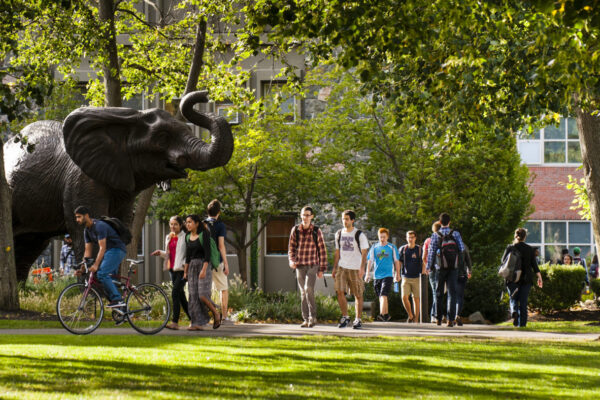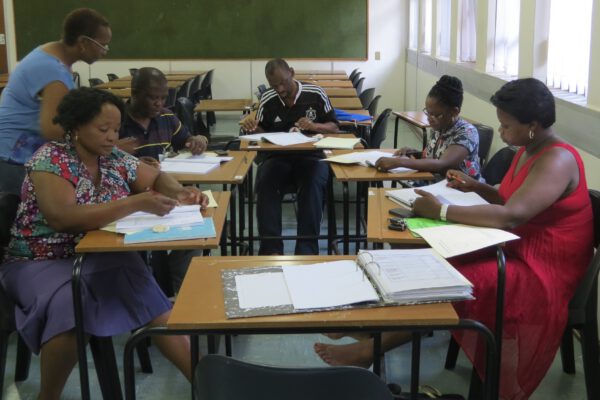In Higher Education, U.S.-Mexico Relations Are Strong
By Heather Ward
Findings from a recent ACE study of U.S.-Mexico higher education ties were announced by Arturo Cherbowski Lask, executive director of Santander Universidades and general director of Universia México.
At a dinner hosted by ACE president Molly Corbett Broad during ACE2017, ACE’s 99th Annual Meeting in Washington, DC, Cherbowski said the project set out to inventory “ground-level” activity resulting from several high-level initiatives between the two countries.
The new report, U.S.-Mexico Higher Education Engagement: Current Activities, Future Directions, by Robin Matross Helms and Jermain Griffin of ACE’s Center for Internationalization and Global Engagement, documents the depth and complexity of bilateral relationships between U.S. and Mexican universities. The authors analyzed some 300 student and faculty mobility programs, 40 teaching collaborations, 32 research partnerships, and a variety of other forms of higher education engagement between the United States and Mexico, and found that bilateral relationships are robust and expanding. The report has heightened significance as U.S.-Mexico relations are under increasing scrutiny by the new administration.
At the dinner, Broad said that “learning has no boundaries,” and that the U.S.-Mexico relationship is deeply rooted in shared commitments between the two countries’ higher education institutions. Broad extended a warm welcome to some 30 higher education leaders from Mexico, whose participation in the meeting is sponsored by Santander Universidades for the fourth consecutive year. The first year, “We were strangers trying to network,” Cherbowski said, “but now we’re friends.”
Some 2,200 higher education leaders from the United States and more than 20 other countries are participating in ACE2017. In addition to the group from Mexico, delegations from Colombia and the United Kingdom are attending as part of ACE’s collaboration with counterpart associations in each of those countries: Asociación Colombiana de Universidades, with financial support from the U.S. Embassy in Bogotá, and Universities UK.
Both groups will be meeting with senior representatives of U.S. colleges and universities to discuss opportunities for strengthening bilateral higher education relations.

If you have any questions or comments about this blog post, please contact us.


